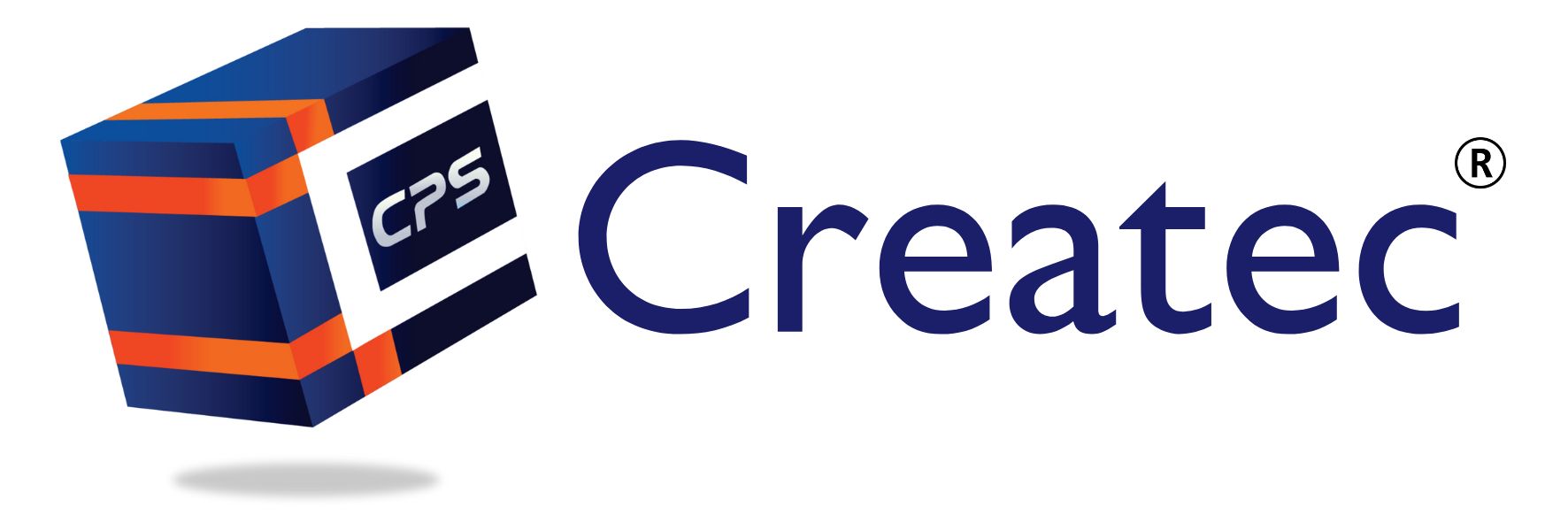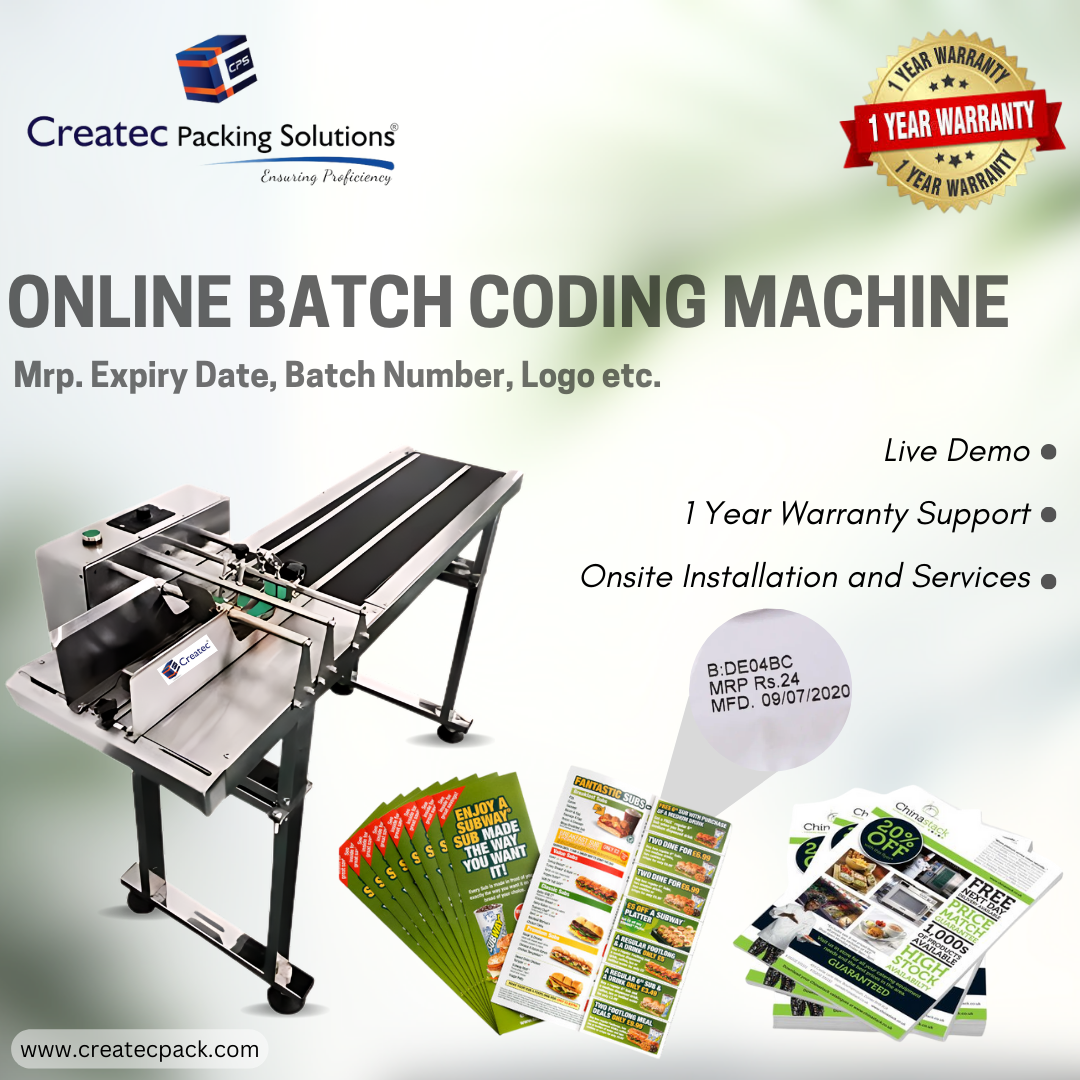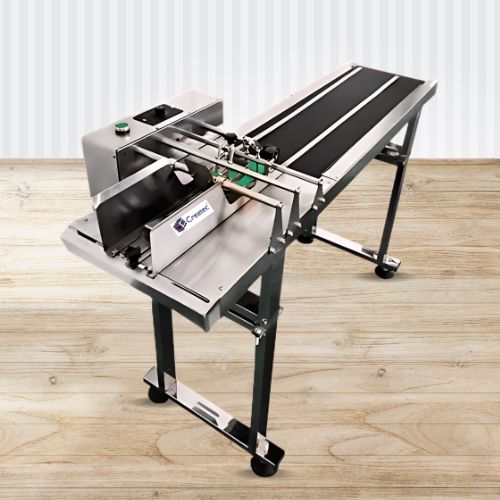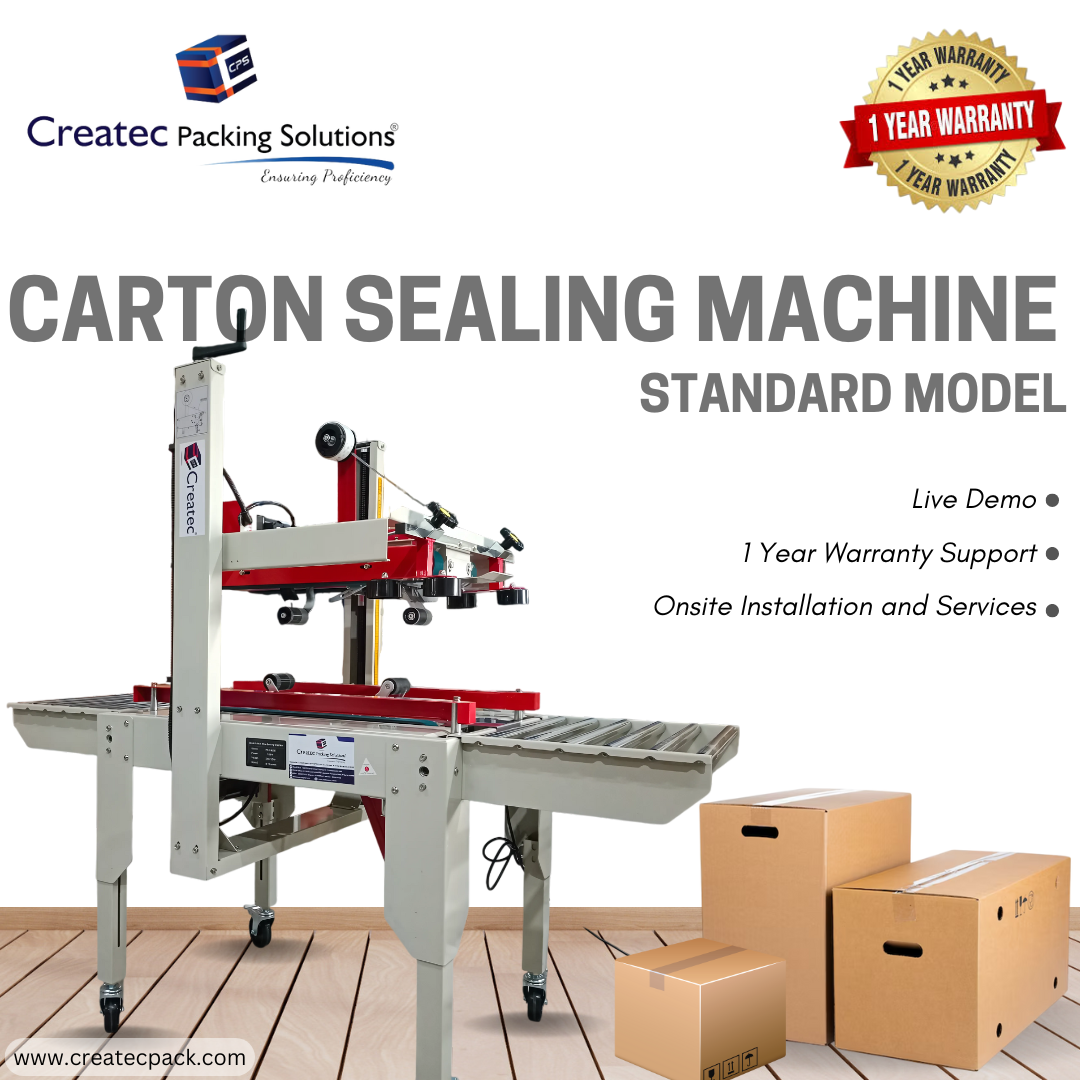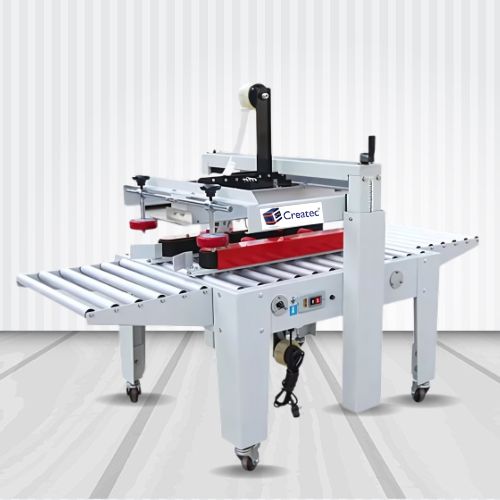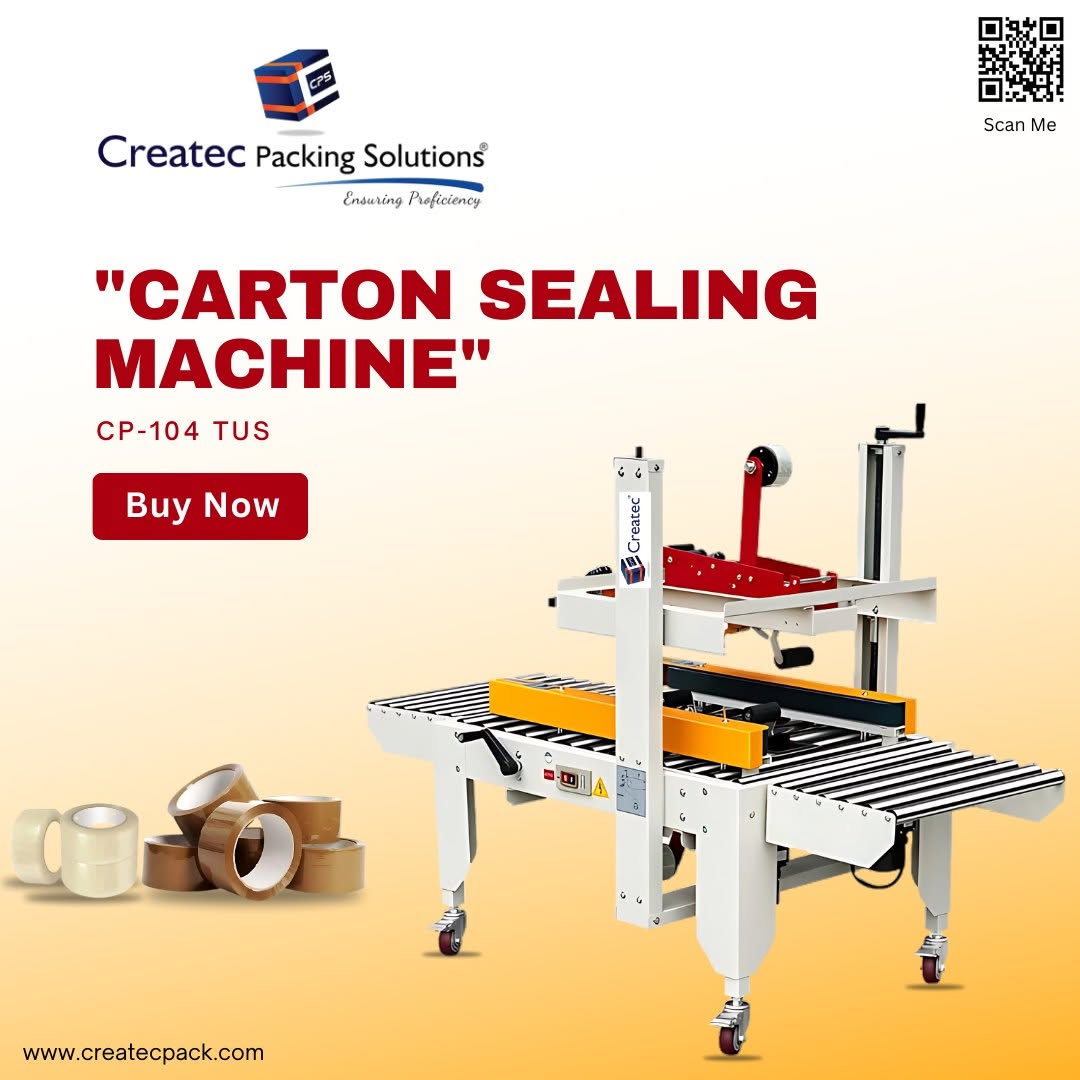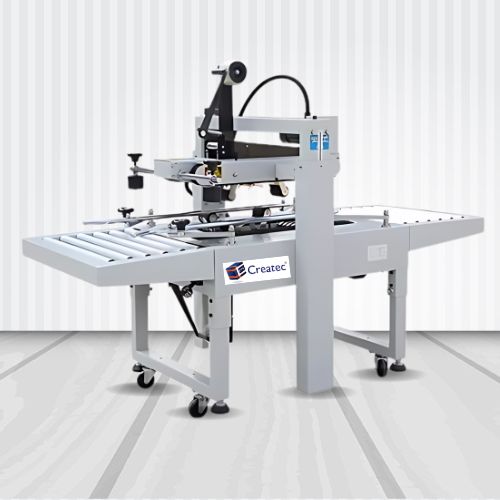Material Handling Conveyor
| Model Name/Number |
CP FZ 1000 |
| Length (mm) | 1550mm |
| Width (mm) | 1080mm |
| Height (mm) | 750mm |
| Speed (Meter/min.) | 16-18 |
| Maxi. Loading (Kg) | ≤60 |
| Suitable Carton | diagonal length ≤900mm |
Product Description
A Material Handling Conveyor is a specialized mechanical system designed to transport, move, and handle materials or products within a facility. These conveyors play a crucial role in streamlining production processes, improving efficiency, and facilitating the movement of goods in various industries. Here are key features and aspects associated with Material Handling Conveyors:
- Types of Conveyors:
- Belt Conveyors: Use belts to convey goods, suitable for horizontal, incline, or decline transport.
- Roller Conveyors: Utilize rollers to move materials, often used for gravity-driven or powered applications.
- Chain Conveyors: Employ chains as a driving mechanism, suitable for heavy-duty applications.
- Screw Conveyors: Use a rotating screw to move bulk materials along a path.
- Bucket Elevators: Lift materials vertically using buckets attached to a rotating chain or belt.
- Material Compatibility:
- Designed to handle a wide range of materials, including boxes, packages, parts, bulk goods, and more.
- Load Capacity:
- Conveyors are available in various load capacities, ranging from light-duty to heavy-duty, depending on the application.
- Adjustable Speed:
- Many conveyors feature adjustable speed settings to accommodate different production requirements.
- Customizable Configurations:
- Configurable in different shapes and layouts to suit the specific layout and workflow of the facility.
- Incline and Decline Conveyors:
- Some conveyors are designed to operate on inclines or declines, facilitating the movement of materials between different levels.
- Integration with Other Equipment:
- Can be integrated into automated systems and production lines, allowing seamless material flow between different processing stages.
- Hygienic Design (Optional):
- Conveyors used in industries like food or pharmaceuticals may feature a hygienic design with easy-to-clean materials.
- Safety Features:
- Equipped with safety features such as emergency stop buttons, guards, and sensors to ensure safe operation.
- Accumulation and Sorting (Optional):
- Some conveyors offer accumulation and sorting capabilities, allowing products to accumulate and be diverted to different paths.
- Versatility:
- Suitable for a wide range of industries, including manufacturing, logistics, distribution, and warehousing.
- Ease of Maintenance:
- Designed for easy maintenance with accessible parts and components.
- Variable Lengths:
- Available in variable lengths to suit the specific spatial requirements of the facility.
- Energy Efficiency:
- Some conveyors are designed with energy-efficient features to reduce overall operational costs.
- Noise Reduction (Optional):
- Conveyors may incorporate features to reduce noise levels during operation.
- Automated Controls:
- Many modern conveyors feature automated controls for precise operation and monitoring.
Material Handling Conveyors are fundamental to the logistics and production processes of various industries, providing a reliable and efficient means of transporting materials and products. Their versatility and ability to integrate with other equipment make them essential components in modern manufacturing and distribution systems.
